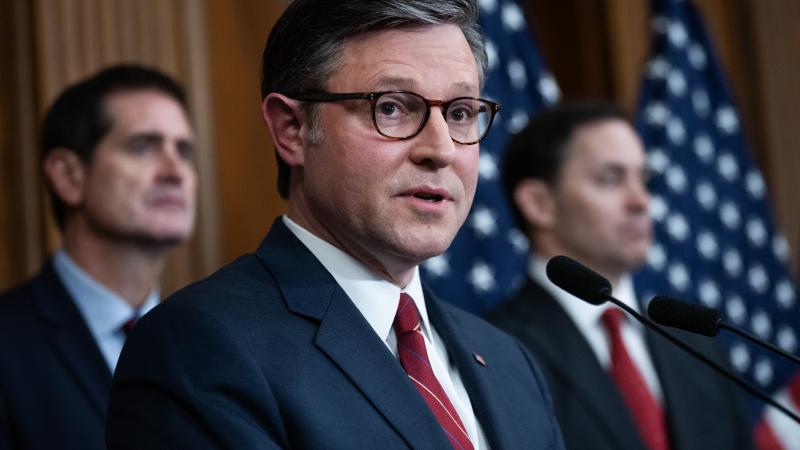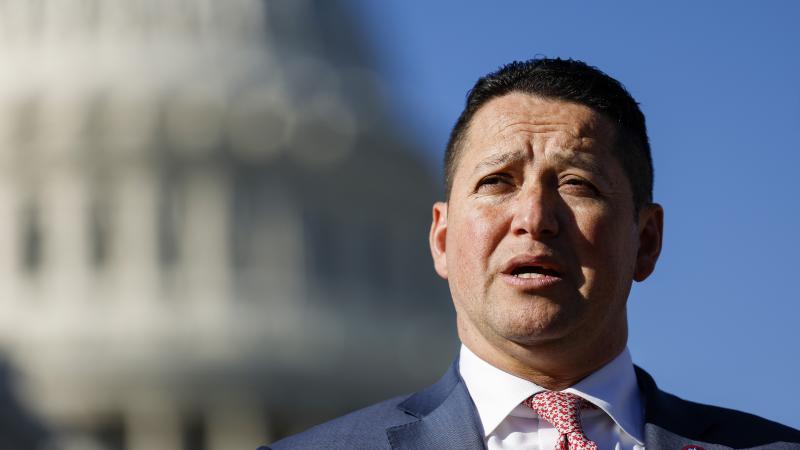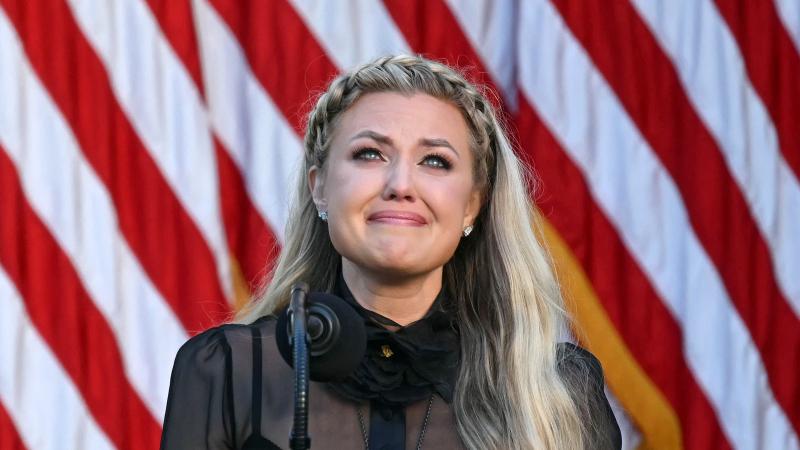Virginia to soon release guidelines on ‘sexually explicit’ material in education law
School boards must inform parents of sexually explicit material in assigned coursework and allow parents to opt their children out.
Now that the public comment period has come to a close, the Virginia Department of Education will soon finalize its guidance on a new law that allows parents to opt their children out of sexually explicit coursework.
Per the law, local school boards must adopt policies that inform parents of sexually explicit material in assigned coursework and allow parents to opt their children out of those assignments. The teachers must pinpoint the sexually explicit part of the assignment when providing that information to parents.
If a parent opts his or her child out of an assignment, the teacher will need to provide an alternative assignment that does not contain anything sexually explicit.
The law does not give parents the ability to ban any material or any books in the schools, and it does not allow parents to force any changes to the curriculum for other students.
Sexually explicit material, as defined in the law, is a description or visual representation of a lewd exhibition of nudity, a depiction of sexual excitement or conduct, bestiality, sadomasochistic abuse, coprophilia, urophilia or fetishism. When the legislation was being debated, some supporters cited literary material that depicted rape and oral sex being taught in classrooms, to which some parents expressed objections.
The Department of Education’s guidance will provide school boards with more specific guidance on how to apply that standard. Under the draft guidance, which has yet to be finalized, the state would require school boards to adopt policies that give parents a 30-day notice before using any sexually explicit material. It also would require them to consider the age of the student when determining what counts as sexually explicit.
For example, the draft guidelines would require teachers to notify parents of K-5 students of PG material, to notify parents of K-8 children of PG-13 or TV-14 material and notify parents of children in any grade of “R” and “MA” material.
However, the draft guidance also states parents must be notified of material that is legally defined as “sexual conduct” under the law, which is defined as “actual or explicitly simulated acts of masturbation, homosexuality, sexual intercourse, or physical contact in an act of apparent sexual stimulation or gratification with a person's clothed or unclothed genitals, pubic area, buttocks or, if such be female, breast.”
Senate President Pro tempore L. Louise Lucas, D-Portsmouth, alleged this would prohibit any discussion of homosexuality.
“The Youngkin administration is now attempting to ban the mention of homosexuality in all Virginia schools- using an outdated and unconstitutional section of code to define ‘sexually explicit content’ to bypass the General Assembly,” the senator claimed.
The governor’s office has denied the guidelines function in that way.
After the guidelines are finalized, school boards will have until Jan. 1 of next year to adopt policies in accordance with the rules.













